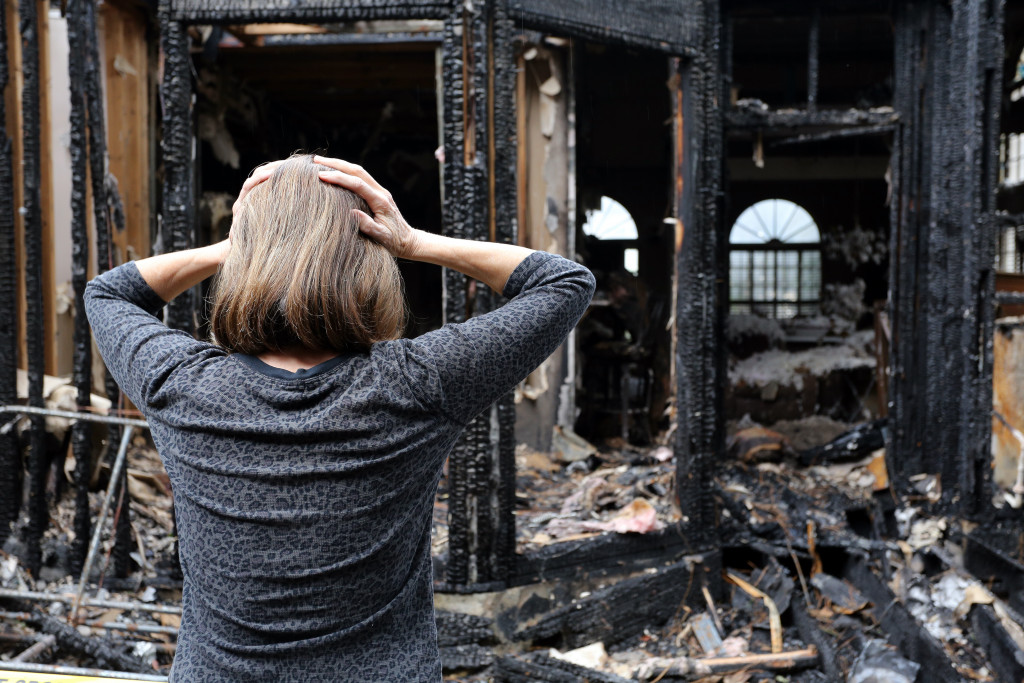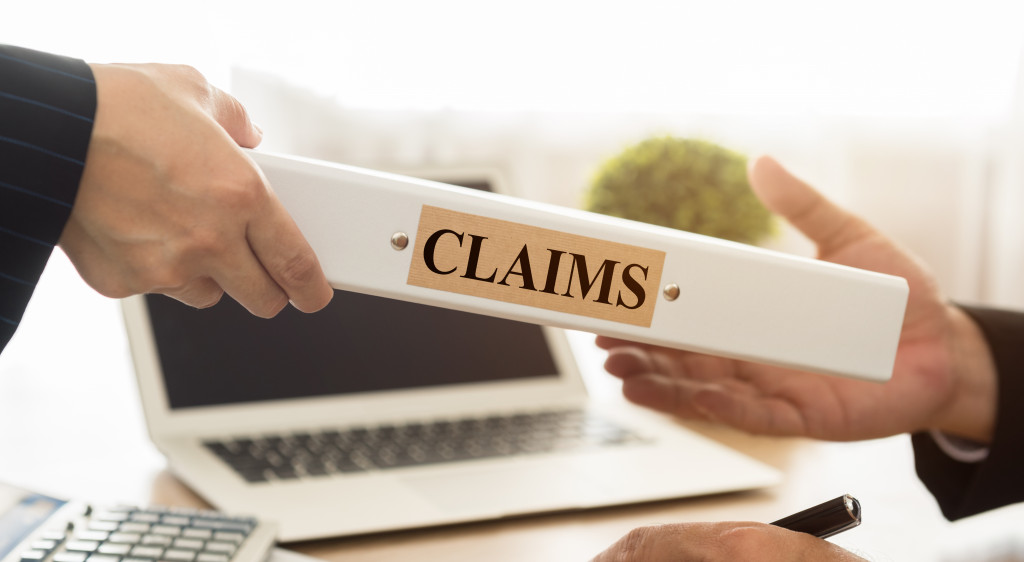- Document all evidence of storm damage and create a written record for future legal proceedings.
- Gather evidence of the hurricane’s destruction, including measurements if possible.
- Take photos and video footage to capture visual evidence of destruction.
- Stay organized by keeping records up-to-date with new findings and labeling items collected.
- File a claim for compensation and hire an insurance lawyer or public adjuster to protect your rights.
Hurricanes can be highly destructive and devastating to life, property and the environment. As hurricane season approaches, it is essential to ensure that you and your family are prepared and protected from potential damage. Taking proactive steps to secure your home and possessions before a storm hits can save lives and help reduce the risks associated with a hurricane.
Statistics from the National Oceanic and Atmospheric Administration (NOAA) show that over $165 billion of damage was caused by hurricanes in the United States last year. In addition, there were over 700 deaths attributed to storms during that same period – with many more injured or displaced due to floodwaters or debris. The numbers are staggering, but they serve as a reminder of why preparation is so essential when protecting yourself from a hurricane’s wrath.
As much as preparations might be ideal, you might not stand a chance against nature’s attacks. Your home might get devastated, but it is a small price compared to your safety. Fortunately, you can get help from the law regarding the aftermath. Here are a few things to keep in mind for when the worst happens:
Document Everything

It is essential to document the damage done to your home by a hurricane, as it can help you make an insurance claim or seek financial compensation to cover repairs and other costs associated with the storm. Having detailed records of the extent of damage suffered can also protect you from being held liable for any issues that may have been caused by the hurricane but not noticed until after the event had occurred. Documentation can provide proof that any problems were due to storm-related causes rather than negligence on your part.
Gather Evidence
As soon as possible after a hurricane passes through your area, inspect your home and surrounding property for signs of damage or destruction caused by the storm’s high winds and heavy rains. Document any evidence you find, such as broken windows, fallen branches, water damage, roof damage, and debris in your yard or driveway.
Create a Written Record
After you’ve gathered evidence of the damage caused by the hurricane, create a written record of all findings and store it in a safe place such as your computer or an off-site cloud storage service like Google Drive or Dropbox. Include detailed descriptions of all damages observed, including specific measurements if possible (e.g., window cracked two inches wide at a corner). This written record will help serve as proof during future discussions with insurers or legal proceedings regarding compensation for damages incurred due to the storm event.
Take Photos & Video Footage
Photographs and video footage are valuable tools when documenting storm damage because they’ll allow you to capture visual evidence of destruction which cannot be seen with just words alone—such as collapsed roofs or uprooted trees on your property line—and provide substantial support when making a case regarding damages suffered due to a hurricane event later on down the line if need be (e.g., filing insurance claims).
Stay Organized
Finally, it’s crucial to stay organized throughout this process so that all relevant information is accessible to locate when needed in future discussions with insurers or legal proceedings related to compensating losses incurred due to the storm event(s). This includes keeping records up-to-date with new findings, saving all photos/videos taken, creating a backup of digital files storing physical documents in waterproof containers, and properly labeling all items collected.
File a Claim
Filing a claim for storm damage caused by a hurricane is critical to ensure your family and property are protected and adequately compensated. By filing a claim, you can receive reimbursement for the cost of repairs and replacements and any other losses incurred due to the storm event. Additionally, having a documented record of damages and evidence of destruction can help protect you from any potential liability if the damage was not discovered until after the event had passed.
When filing a claim for storm damage, it is essential to ensure that all documentation is accurate and up-to-date with current findings. This includes photographs or video footage of the injuries, detailed descriptions of all observations made during post-storm inspections, written records of all losses incurred due to the hurricane event(s), and labels indicating what items were collected (e.g., broken windows, fallen branches). Additionally, it is essential to save copies of all documents in multiple locations (e.g., computer hard drive, external hard drive, cloud storage service) to ensure that critical information will not be lost in case physical copies are destroyed by water or debris.
Hire an Insurance Lawyer

Of course, getting insurance companies to pay out on claims related to hurricane damage can be challenging. If you’re having difficulty getting a satisfactory outcome, hiring an insurance lawyer specializing in hurricane-related cases may be beneficial. An experienced attorney can help protect your rights and interests while filing for compensation or reimbursement due to damages caused by a storm event.
You might also want to consider hiring a public adjuster. This professional is qualified to inspect the damage to your property, assess the cost of repairs and replacements, and negotiate with your insurance company on your behalf.
Final Thoughts
Following these tips can help protect yourself from any financial losses associated with hurricane season. Taking proactive steps before the storm hits—such as securing your home and possessions—can save lives and minimize damage. And if the worst does happen, knowing what to do next can help ensure that you are adequately compensated for any damages incurred due to a hurricane event(s). With some knowledge of the law behind you, you can make sure that you will be able to weather any storm.
